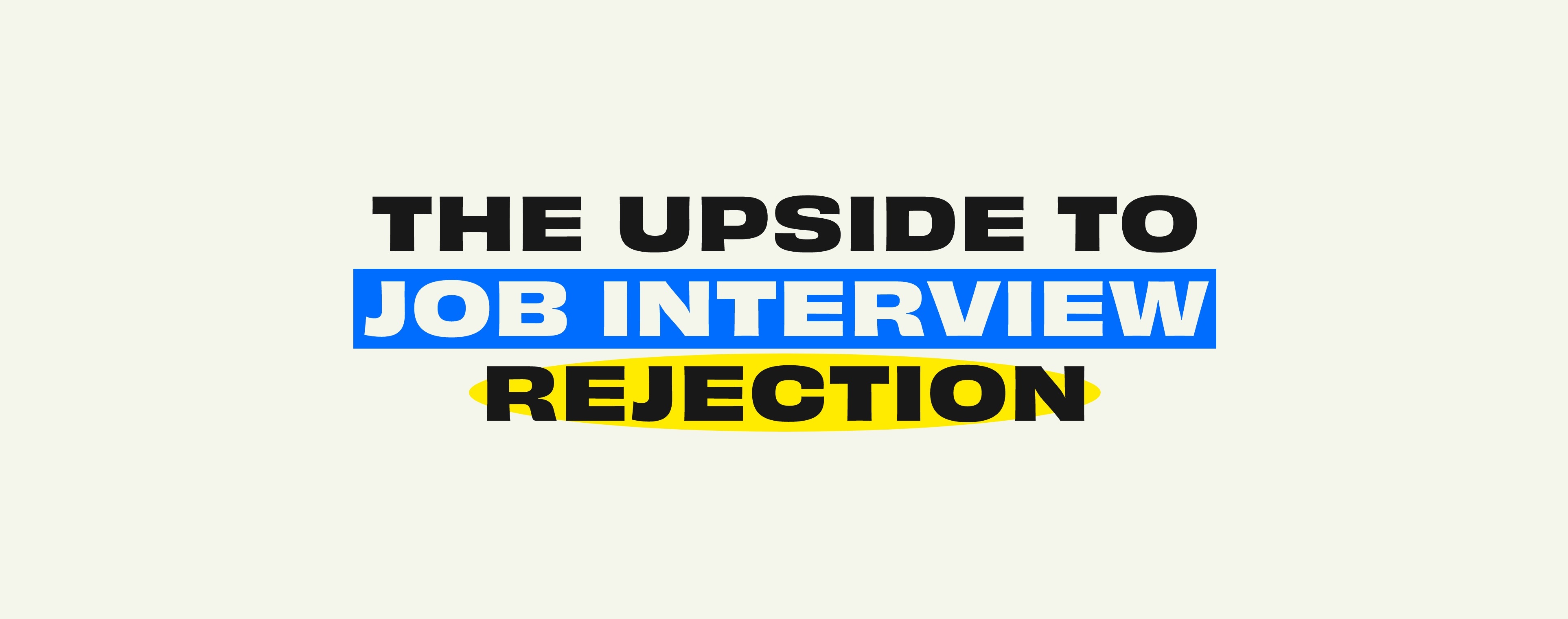
The Upside to Job Interview Rejection
Bad interviews happen to good people. It’s not a reflection of your professional or personal worth. But it can feel like one, especially if you’ve been on the job market for a while.
The upside to job interview rejection is that it allows you to learn and grow. With each interview, you can practice your pitch, improve your body language, and learn more about what employers want.
If you’re feeling down after a job interview rejection, remember that it’s not personal. Use it as an opportunity to reflect on what you could improve for next time.
And stay focused on your goal: landing the job you really want.
No one likes getting rejected, but it’s a part of life. And if you’re in the job market, you’re almost guaranteed to experience your fair share of job interview rejections.
But even though you’ve been rejected, your job search process continues. In fact, some of the most successful people have faced more rejection than anyone else. It’s all about how you handle it.
Here are some tips on how to turn a job interview rejection into an opportunity:
1. Analyze key learnings.
When you get rejected, you must take a step back, analyze what went wrong, and learn from it. What did you do well? What could you have done better? What did the interviewer say that made you feel like you didn’t measure up? Whatever the answers are, use them as fuel for your following interview.
2. Experience as a catalyst.
Use your rejection experience as a catalyst for change. When you get rejected, it’s time to figure out what you need to do differently next time. Make a plan and put it into action. This is how people change their lives and careers — learning from their experiences and not repeatedly making the same mistakes.
3. Power of visualization.
As you probably already know, visualization is one of the most powerful tools for success. When you visualize yourself landing the job you want, you’re programming your mind and body to achieve that goal. While you’re at it, imagine yourself going through the interview process and nailing it. This positive visualization will help increase your confidence and prepare you for future interviews.
4. Practice your responses.
While practicing your answers to common interview questions may feel like karaoke or reciting lines from a script, it will help reduce your anxiety when it comes to your actual interview. Plan out your answers to questions such as: Why are you interested in this position? What are your most significant accomplishments? What are your weaknesses? Et cetera.
5. Set up networking channels.
One of the best ways to land a job is through networking. Arrange meetings with people who can help you land your next appointment before you’ve even discovered it. Get connected with people in your industry who can help you land your dream job further down the road.
6. Be patient.
Don’t be discouraged if nothing happens immediately after interview. You never know who may start talking about you or what opportunity might arrive six months from now.


